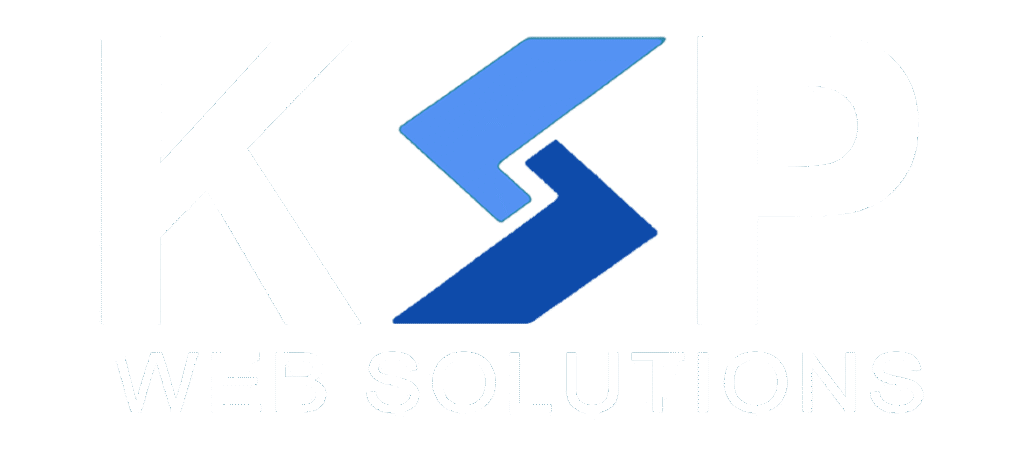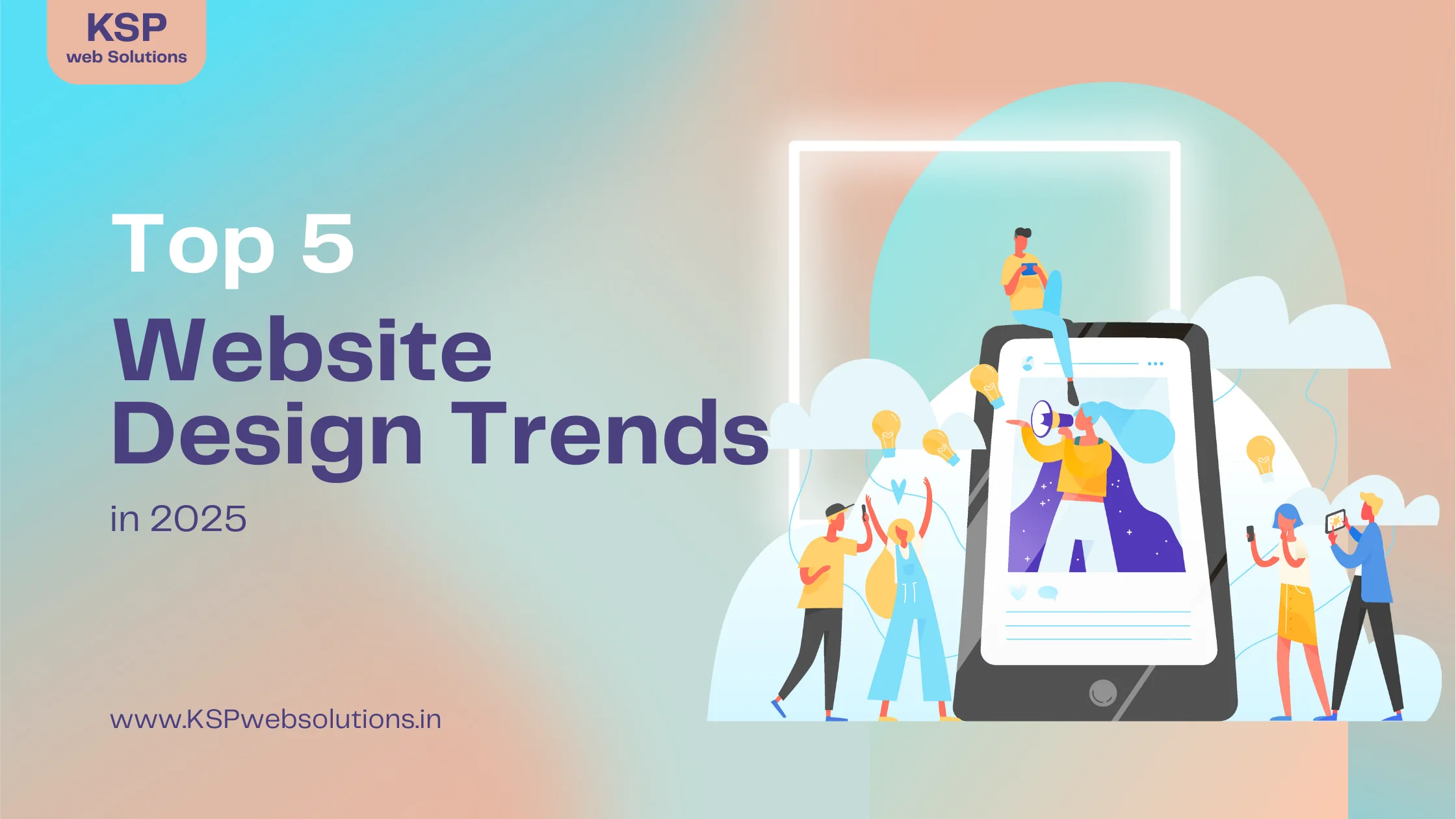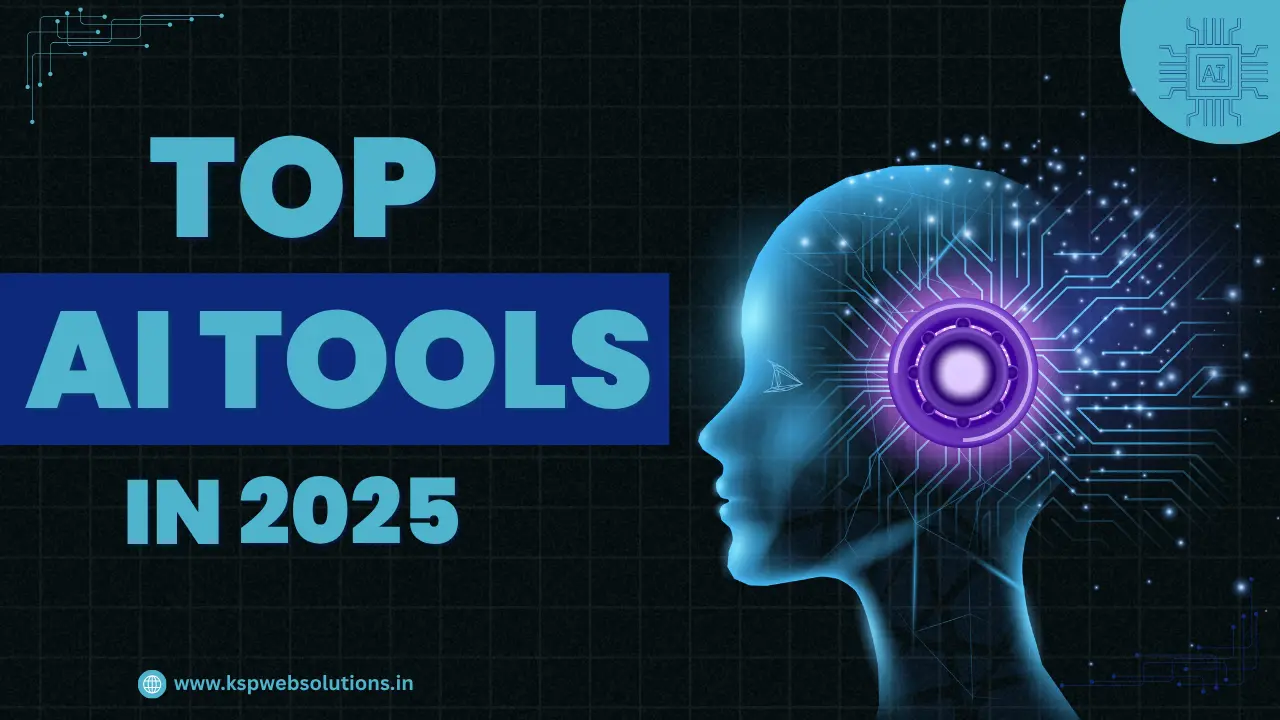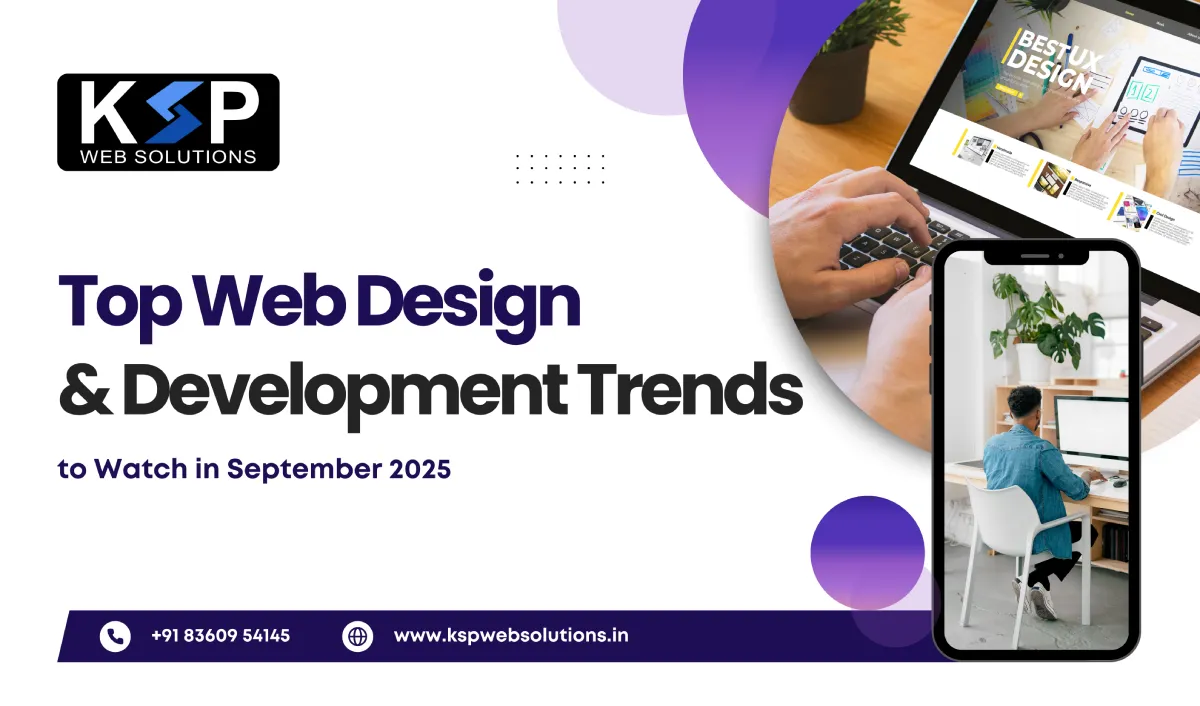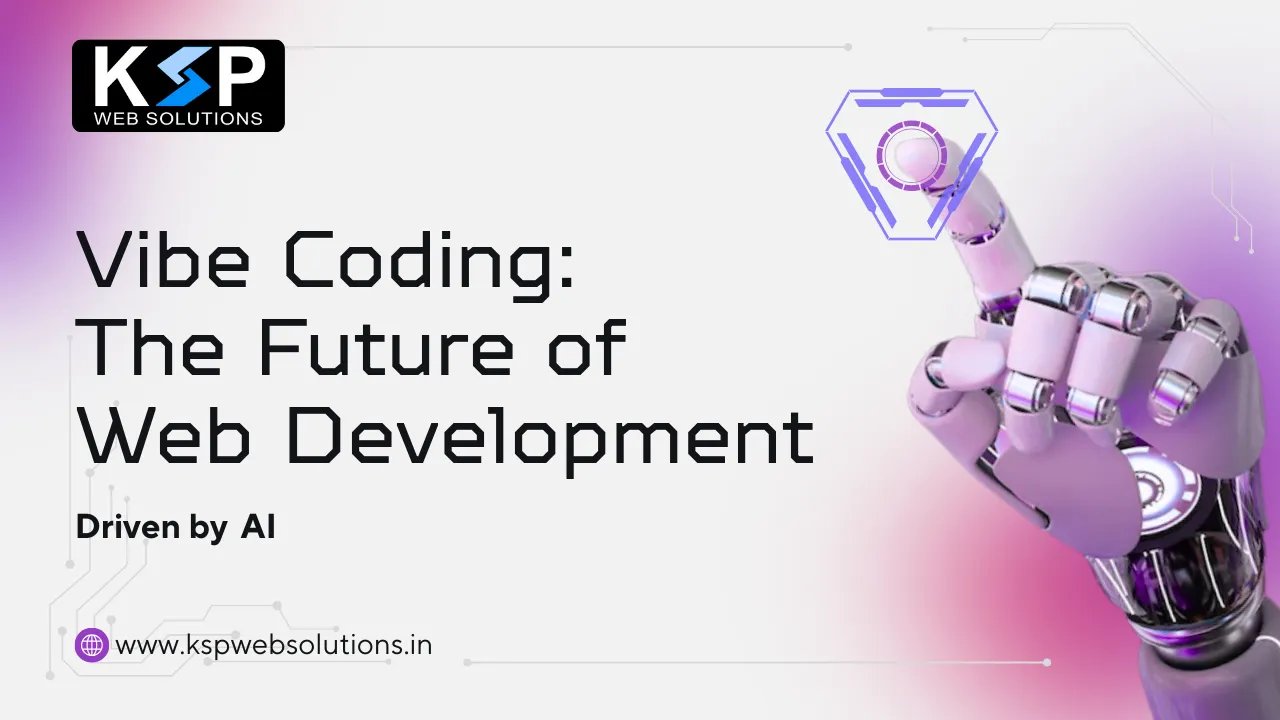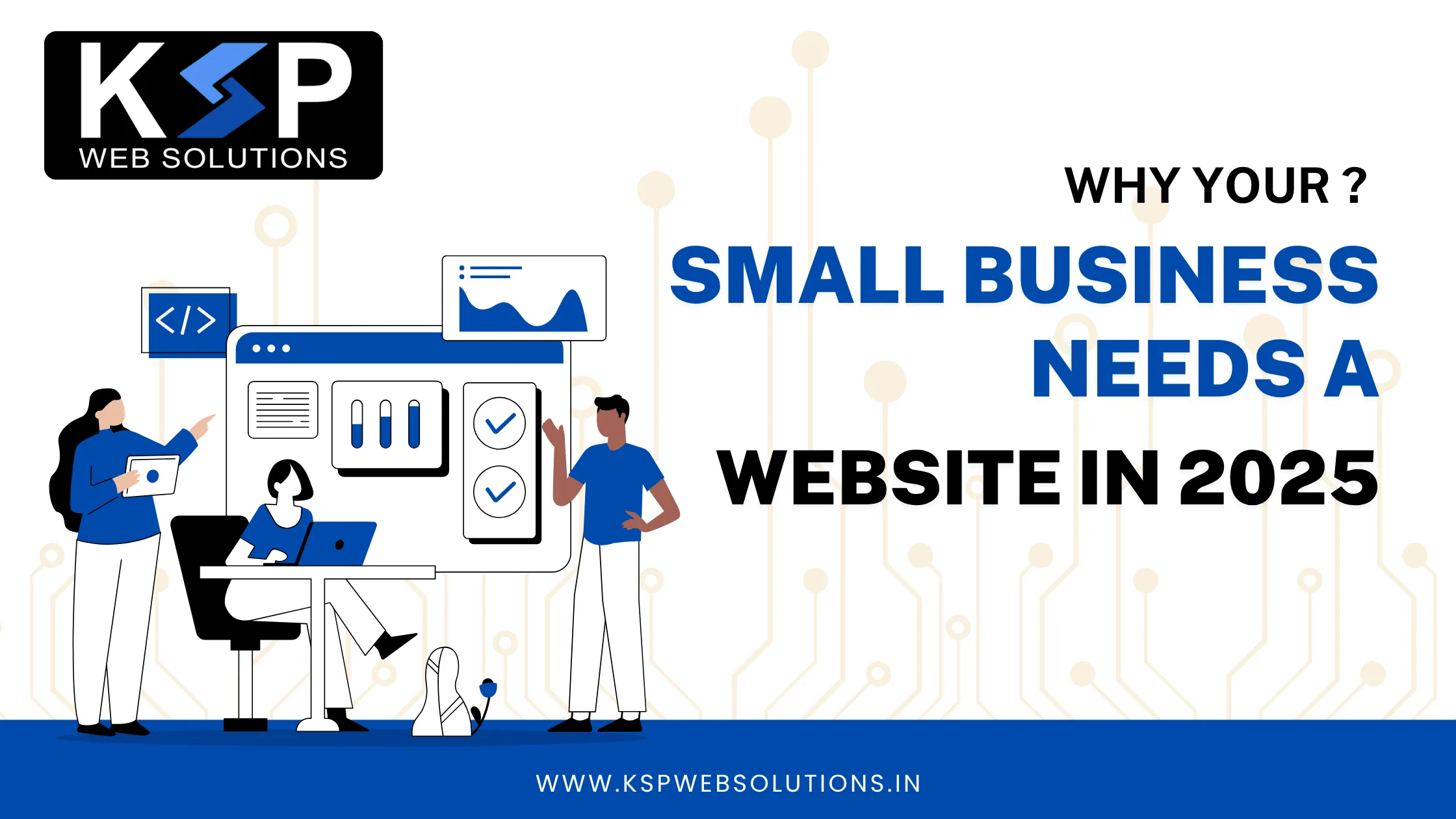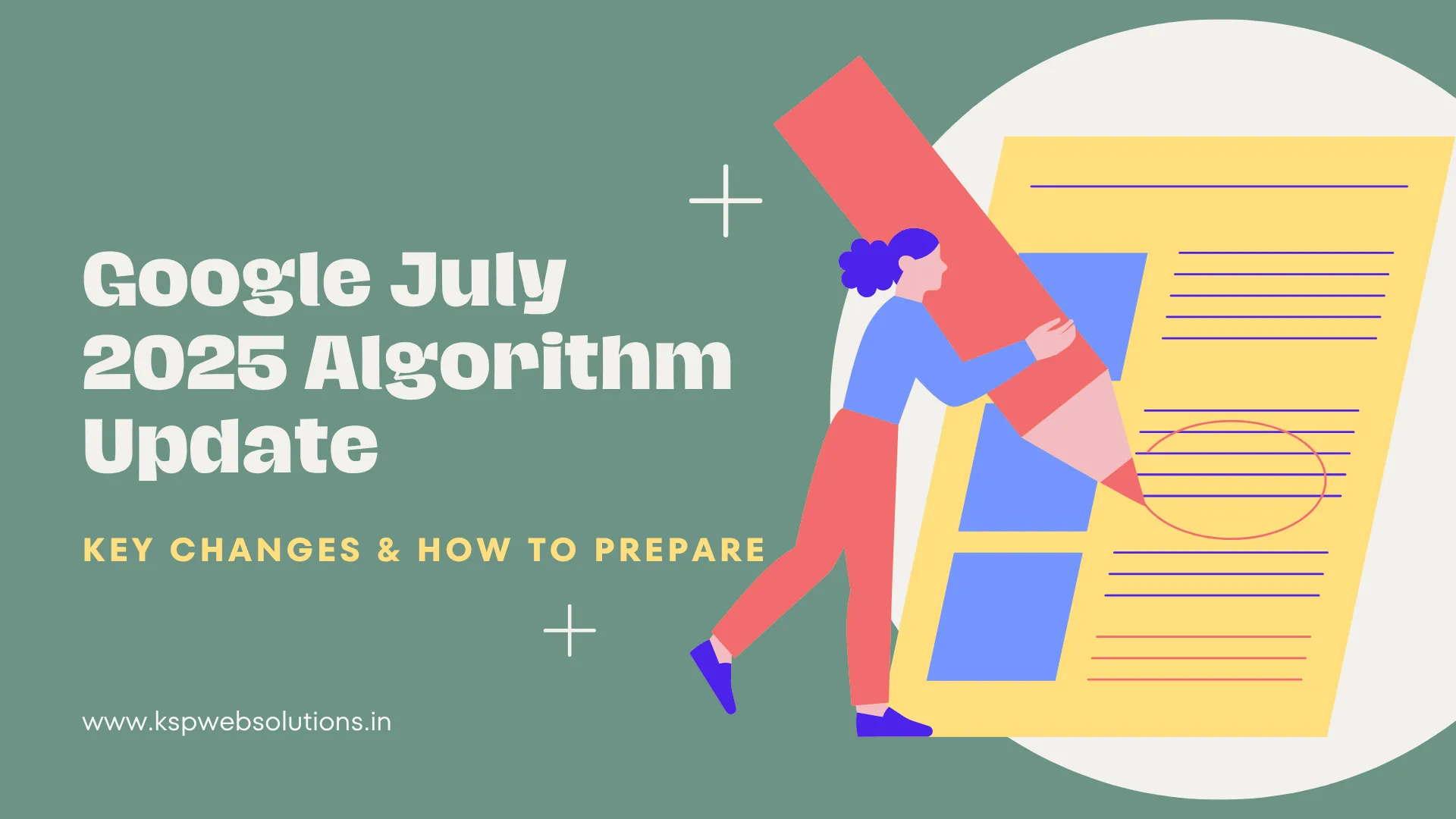Why Staying Updated With Design Trends Matters
User Experience First
In the fast-paced digital world, keeping up with the latest website design trends is essential. If your site looks outdated or clunky, most users will bounce before they even read a single line. Modern design isn’t just about looking pretty; it’s about creating seamless, enjoyable experiences for users. That’s why following the latest website design trends is a must.
Competitive Edge in the Digital Space
The smallest design change can increase conversions in a crowded market. Who do you think your potential customers will choose if your competitor’s website loads faster, looks better, and gets more engagement? Being ahead of the curve keeps you profitable and relevant.
Trend #1 – AI-Driven Personalization
Among the most innovative website design trends in 2025 is AI-driven personalization, which transforms how users interact with a website.
Tailored User Experiences
As one of the most impactful website design trends, AI personalization ensures users stay engaged and feel seen. The rules are being rewritten by AI. By 2025, websites will be intelligent enough to modify their layout, content, and graphics in response to user behavior. For instance, an online clothing store may display summer fashion to a customer in Bali and winter clothing to a Canadian.
Real-Time Design Adjustments
Imagine a homepage that changes based on the visitor—pretty wild, right? That represents artificial intelligence’s power. Learning user preferences and behaviors helps artificial intelligence to recommend more pertinent goods, content, and calls to action, so boosting both engagement and sales.
Example Tool: Adobe Sensei powers AI personalization in Adobe products.
Trend #2 – Voice-Activated Interfaces
One of the most practical website design trends is the integration of voice-activated interfaces, making websites more accessible and intuitive.
Designing for Voice Search
In this world, people say, “Show me the best laptops under $1000,” and your site answers. Voice-activated web navigation is becoming indispensable as smart speakers and voice assistants proliferate. Optimizing for voice means clearly and conversationally organizing material.
Accessibility and Convenience
Voice interfaces don’t just look cool—they make websites more accessible for users with visual impairments or mobility issues. That’s inclusivity and innovation wrapped in one.
Trend #3 – 3D Elements & Immersive Visuals
Engaging Animation and Interactivity
Gone are the days of flat, boring pages. 3D visuals create a “wow” factor that keeps users glued. From interactive product previews to 360-degree galleries, these elements boost engagement like nothing else.
Virtual Reality (VR) and Augmented Reality (AR) Integration
In 2025, AR and VR won’t be just buzzwords. They’ll be standard in industries like real estate, e-commerce, and education. Think virtual dressing rooms or interactive property tours—all from your browser.
Trend #4 – Minimalist and Dark Mode Designs
Eye-Friendly Interfaces
Minimalist layouts are clean, elegant, and—best of all—fast. Combine that with dark mode, and you’ve got a design that’s easier on the eyes, saves battery, and just looks super sleek.
Focus on Content and Performance
With fewer distractions, minimalist designs shift focus to what really matters: your content. And they load faster too—a big plus for SEO and UX.
Also Read – Top Seo Agency in 2025
Trend #5 – Mobile-First & Micro-Interactions
Prioritizing Mobile UX
More than 70% of users access websites via mobile. If your design isn’t optimized for mobile in 2025, you’re practically invisible. Mobile-first means designing for smaller screens first and scaling up—not the other way around.
Enhancing User Engagement with Micro-Animations
Small touches like a bouncing CTA button or a heart that fills up when liked—these micro-interactions create emotional connection and boost engagement without overwhelming the user.
Bonus Trends to Watch
No-Code & Low-Code Platforms
Tools like Webflow, Wix, and Websites.co.in are empowering non-coders to build beautiful, responsive sites. This democratization is changing the face of web development.
Sustainability in Web Design
Eco-conscious design is no longer niche. Developers now aim to create low-carbon websites that use fewer server resources and consume less data. Fast, efficient, and green? Count us in.
How to Implement These Trends
Tools and Technologies You Can Use
- AI Personalization: Adobe Sensei, Dynamic Yield
- Voice Integration: Amazon Alexa Skills, Google Dialogflow
- 3D/VR Elements: Three.js, WebXR
- Mobile Design: Bootstrap 5, Tailwind CSS
- Micro-Interactions: Lottie, Framer Motion
Hiring the Right Web Designer or Agency
Don’t have the skills? No problem. Hire a web design agency that understands 2025’s design language. Check portfolios, ask for trend integration, and prioritize UX strategy.
Common Mistakes to Avoid
Overcomplicating the User Journey
Cool design doesn’t mean clutter. Every click should lead somewhere meaningful. Overloading users with options or animations just makes them bounce.
Ignoring Accessibility and Speed
Trendy doesn’t mean exclusive. Your site should load fast, work on all devices, and be usable by everyone—including users with disabilities. Use tools like Google Lighthouse to check your site’s performance.
Future-Proofing Your Website Design
Continuous Learning & Testing
Web design evolves monthly. Subscribe to design blogs, follow UI/UX influencers, and test new features with A/B testing tools.
Leveraging Analytics to Adapt
Use platforms like Google Analytics or Hotjar to monitor user behavior. Data tells you what’s working, what’s not, and where to pivot.
Final Thoughts on Website Design in 2025
Following these website design trends in 2025 will not only improve user experience but also give your brand a modern edge. Website design in 2025 is all about personalization, accessibility, and interaction. The digital experience is becoming more human—and more immersive. Whether you’re a business owner, developer, or designer, staying current with these trends ensures your website doesn’t just exist—it thrives.
FAQs
AI-driven personalization tops the list, offering dynamic user experiences tailored to individual behavior.
Focus on mobile-first layouts, integrate micro-interactions, and leverage tools like AI for personalization.
Absolutely! It’s not only trendy but also enhances readability and saves energy.
Tools like Webflow, Adobe XD, Lottie, and Three.js help designers incorporate trends like animations, interactivity, and responsive layouts.
Yes! Modern no-code platforms support advanced features, responsive design, and integrations to keep your site trend-ready.
